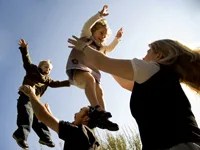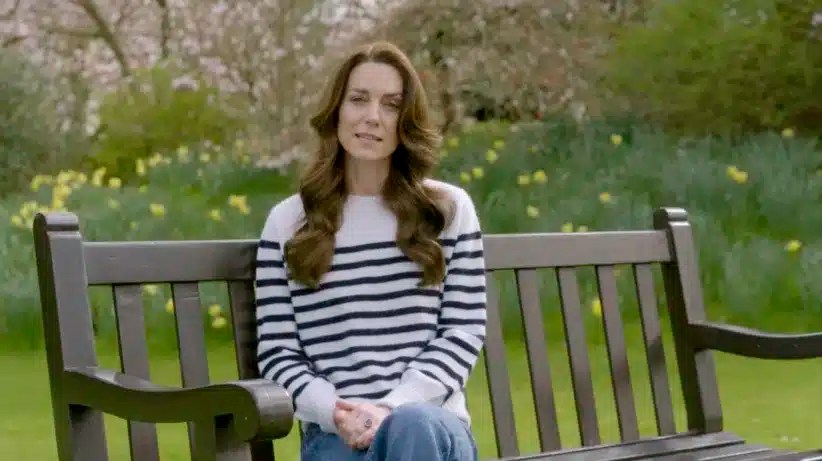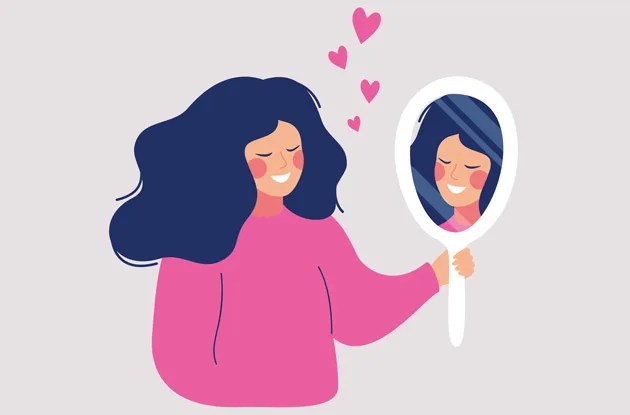NY Metro Parents co-sponsored a public forum with The NY Salon and the Rose & Erwin Wolfson Center for National Affairs at the New School. The presentation was entitled “Parenting — Why Are We Afraid to Let Go?”. ALAN MILLER, director of The NY Salon and moderator of the event, recaps the evening…

How Dangerous is the World for our Children?
Are we better safe than sorry? This was the question addressed by the forum’s participants. Paula Fass, professor of history at the University of California at Berkeley and co-editor of Childhood in America, explained that not so long ago many children (and mothers) did not survive childbirth, “while nearly one-third of those children who did would die by 6 from a variety of major and minor maladies.” Peter Stearns, provost of George Mason University and author of Anxious Parents: A History of Modern Childrearing in America, suggested that, compared to previous generations, parents should be less anxious. Dr. Sharna Olfman, professor of clinical and developmental psychology at Point Park University and editor of Childhood Lost: How American Culture is Failing our Kids, argued that tension is a consequence of the lack of affordable health care and maternity leave for many parents. With second mortgages necessary to finance college tuition, the pressure is significant. She added that the systematic bombardment by corporations and brands to entice children to consume sugary foods and play violent video games has a long-term psychological impact. Nancy McDermott, a journalist who writes about public policy, the private sphere and personal autonomy, pointed out that parents are often perceived as the problem. “Today parents really don’t know what to expect when it comes to other people,” she maintained. “The very same adults who were once our allies in guiding our kids along the path to independence are now viewed as a potential threat. Parents, in turn, are mistrusted by other adults.”
Just how risky is modern life for children? I cited examples from both sides of the Atlantic in an attempt to understand how our fears are played out throughout the West. A lead article in July 2006 in The London Times by Carol Midgley pointed out that despite our heightened sense of risk and the view that things have gotten steadily more dangerous for our kids, in 1976, 668 under-16s were killed on the roads compared to 166 in 2004. Child murders have stayed constant at an average of 79 a year since the 1970s. As Frank Furedi, British sociologist and author of Paranoid Parenting, has argued, perhaps we are creating a ‘culture of fear’ that has led parents to restrict their children’s independence.
Judith Warner, in a July 2006 New York Times article about summer camp, sketched out a dismal vision of the current sentiment under the heading, “Loosen the Apron Strings”: “Parents today, apparently, don’t want their kids out in the wilds where they might walk in the paths of potentially tick-bearing Bambis. They don’t want their kids out of reach, where they can’t take a mood reading at each and every at-risk moment of the day.”
After the panelists spoke, the audience was invited to comment. One contributor from the floor, a parent, suggested that the decline in politics in public life has resulted in a retreat from thinking about political solutions to our problems. He said that contemporary parenting is more about the self and not the child, and that our loss of direction as a society has resulted in our projecting our fears and concerns ever more starkly onto parenting.
Dr. Olfman disagreed, noting the detrimental impact that corporations have on the environment, as well as our individualistic conception of life, which is negative and discourages communal responsibility.
Fass commented that while pedophilia has not increased, our preoccupation with it has. Both Stearns and McDermott argued that we should not underestimate our children, but rather should think creatively about providing opportunities where they can take responsibility without adult supervision.
Stearns concluded by raising the poignant question of why we should have children at all, saying that it is no longer biologically necessary. Children actually cost us money rather than bring it in.
This perhaps goes to the heart of the matter. Why do we decide to have children? What kind of world do we want them to inhabit and to make for themselves? This event raised more questions than it could answer, which seemed oddly refreshing in an age when inquisitive thought is often stifled by the idea that ‘something must be done.’
For more information, visit www.nysalon.org/upcoming/parenting.html.





















